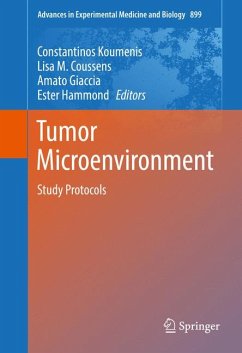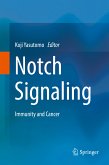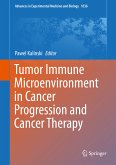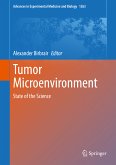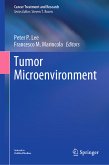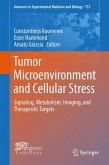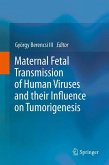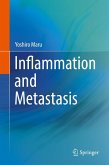This volume covers the topics presented at the 3rd International Conference on Tumor Microenvironment and Cellular Stress by an international community of researchers. The conference brings together scientists to discuss different cellular and animal models of tumor microenvironment study and identify common pathways that are candidates for therapeutic intervention; stimulate collaboration between groups that are more focused on elucidation of biochemical aspects of stress biology (e.g., HIF regulation) and groups that study the pathophysiological aspects of stress pathways or engaged in drug discovery; and critically evaluate novel targets for imaging or therapeutic intervention that would be of use to the tumor microenvironment community and pharmaceutical industry.
Dieser Download kann aus rechtlichen Gründen nur mit Rechnungsadresse in A, B, BG, CY, CZ, D, DK, EW, E, FIN, F, GR, HR, H, IRL, I, LT, L, LR, M, NL, PL, P, R, S, SLO, SK ausgeliefert werden.

